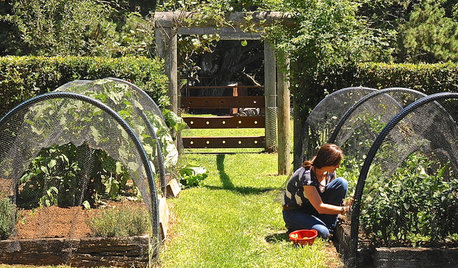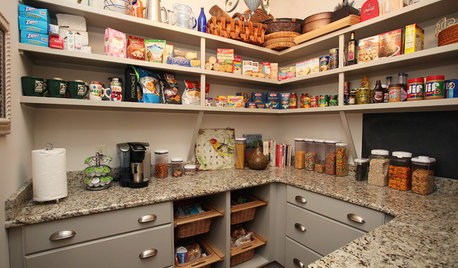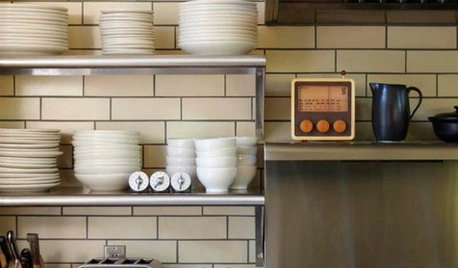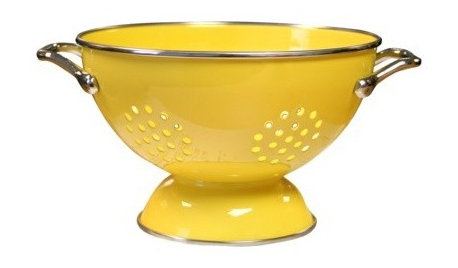Newbie question Re: Pressure Canning Spaghetti Sauce
Jrakie
10 years ago
Related Stories

KITCHEN DESIGNHow to Keep Your White Kitchen White
Sure, white kitchens are beautiful — when they’re sparkling clean. Here’s how to keep them that way
Full Story
FARM YOUR YARDHouzz Call: Home Farmers, Show Us Your Edible Gardens
We want to see where your tomatoes, summer squashes and beautiful berries are growing this summer
Full Story
KITCHEN DESIGNKitchen Confidential: 9 Trends to Watch for in 2016
Two top interior designers share their predictions for the coming year
Full Story
LIFEHow to Prepare for and Live With a Power Outage
When electricity loss puts food, water and heat in jeopardy, don't be in the dark about how to stay as safe and comfortable as possible
Full Story
FEEL-GOOD HOMESimple Pleasures: Make Do and Mend
Experience the satisfaction of fixing, repurposing and creating things yourself around the home
Full Story
KITCHEN DESIGNCreate Your Own Checklist for a Well-Stocked Kitchen
Personalize the kitchen with your own must-haves from our list of top cooking tools, small appliances, pots, pans and more
Full Story
PRODUCT PICKSGuest Picks: The Well-Stocked Starter Kitchen
We’ve got all the kitchen basics and tableware you need (or that recent grad needs) to make cooking a joy
Full Story
KITCHEN DESIGNKitchen of the Week: An 'Aha' Tile Moment in San Francisco
Design inspiration sometimes strikes in the place you'd least expect
Full Story
TASTEMAKERSPro Chefs Dish on Kitchens: Michael Symon Shares His Tastes
What does an Iron Chef go for in kitchen layout, appliances and lighting? Find out here
Full Story
LIFETable Manners for Modern-Day Dining
Elbows and cell phones? Maybe. Forgetting to say 'thank you'? No way. Our mealtime etiquette guide takes the guesswork out of group dining
Full Story





seysonn
2ajsmama
Related Professionals
Eden Prairie Landscape Architects & Landscape Designers · Taylorsville Landscape Architects & Landscape Designers · Alexandria Landscape Contractors · Anderson Landscape Contractors · Milford Landscape Contractors · Amesbury Landscape Contractors · Dudley Landscape Contractors · Fuquay-Varina Landscape Contractors · North Highlands Landscape Contractors · Panama City Beach Landscape Contractors · West Orange Landscape Contractors · Wood Dale Roofing & Gutters · Charlotte Driveway Installation & Maintenance · Fairfax Driveway Installation & Maintenance · Fullerton Driveway Installation & Maintenancemyfamilysfarm
digdirt2
Linda_Lou
JrakieOriginal Author
digdirt2
digdirt2
readinglady